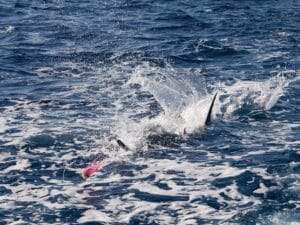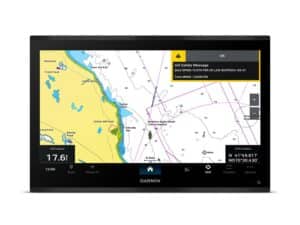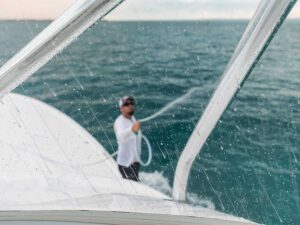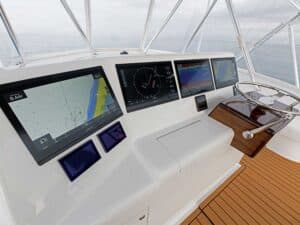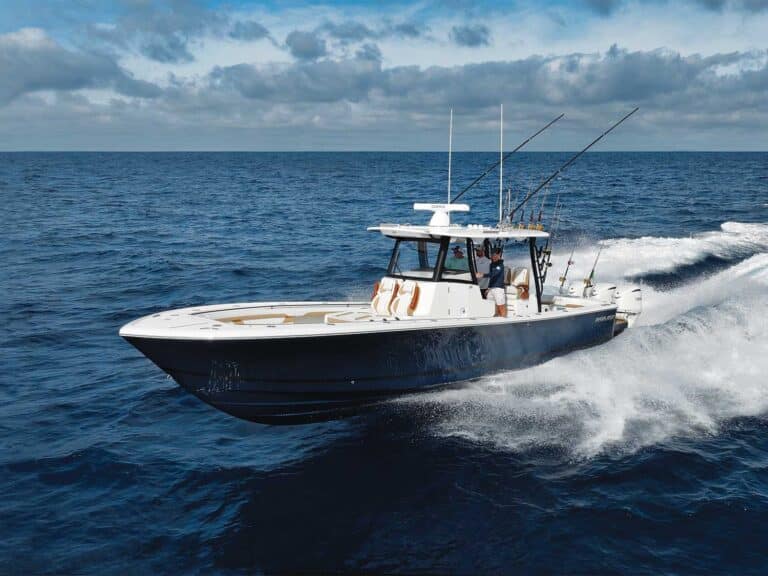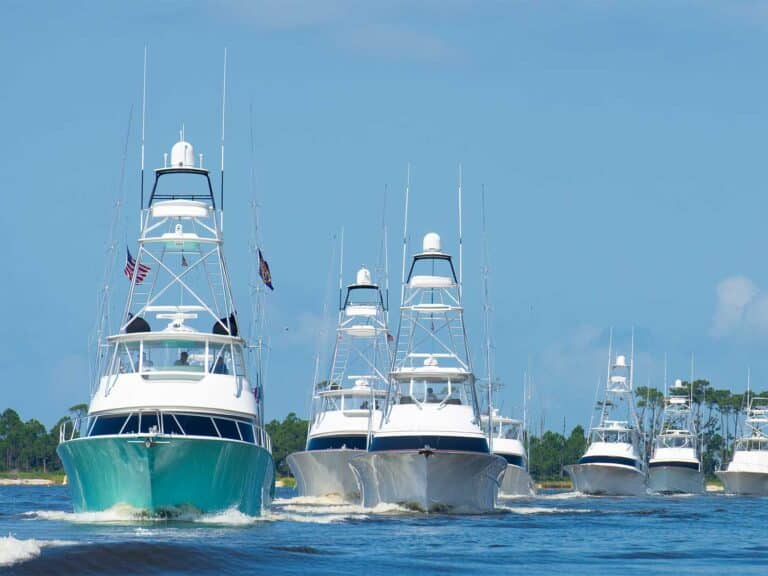Mitch Roffer has a dedicated mission: He wants you to catch more fish, period. He founded Roffer’s Ocean Fishing Forecasting Service, better known as ROFFS, in 1987 based on that desire. Since then, his combination of satellite data overlaid with text analyses of the current and expected conditions has become the benchmark, a road map to finding the productive fishing grounds offshore. Roffer was born in Yonkers, New York, but escaped the cold to attend the University of Miami’s Rosenstiel School for Marine and Atmospheric Science, where he earned his doctorate with an emphasis on fisheries oceanography and satellite remote sensing. He understood that fishermen needed a way to interpret satellite data in a way that was understandable — and the fishing world hasn’t been the same since.
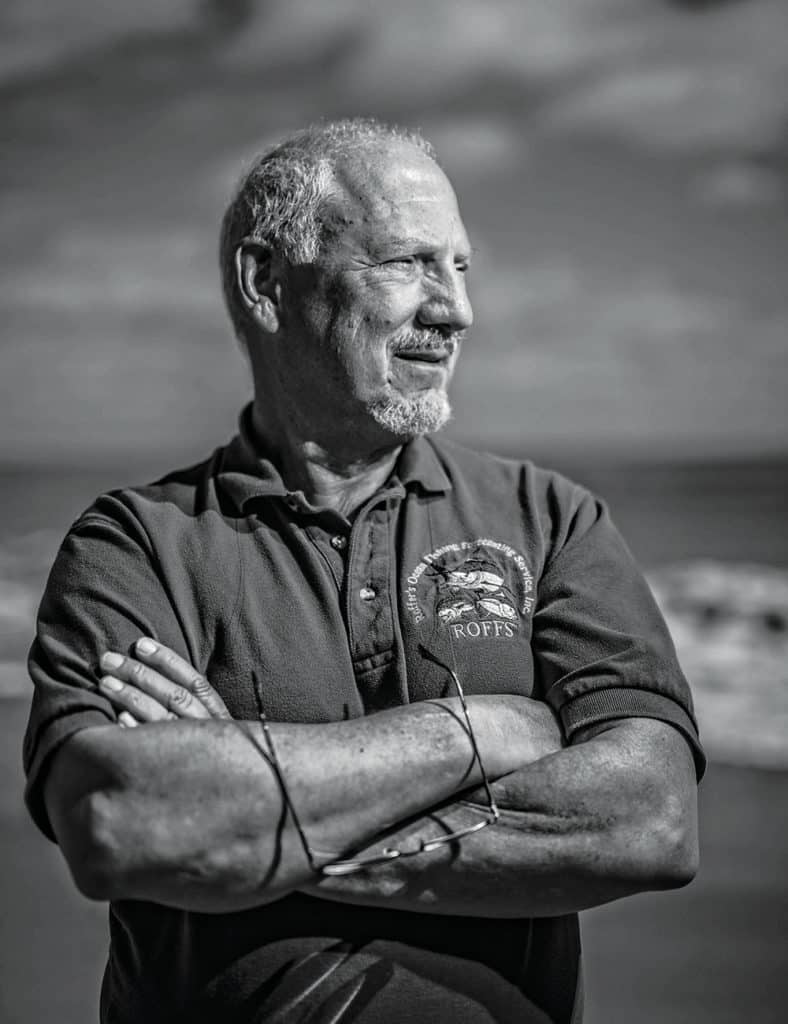
M: When did you discover a love for the ocean?
As early as I can remember, my parents used to take us to Long Beach in Long Island, New York. We used to play in the sand, body-surf and play games on the beach. I would look out and wonder about the waves and the tides, and why there were birds flying over the ocean. Unfortunately, we also had to deal with oil on our feet, which we cleaned up with baby oil or kerosene and soap and water.
M: What was your first fishing experience?
Surf-fishing with some older men on Long Island. I didn’t actually fish back then; I just watched as they caught flounder and bluefish.
M: How did you get started?
For my doctorate research, I was studying why the distribution of pelagic fish varied so much. After I finished my Ph.D., I was working on a swordfish research project and had a lot of captains, mostly from Virginia Beach [Virginia] to Cape Hatteras [North Carolina], asking me to help them find fish. So, I provided some rudimentary forecasting analyses from the few satellites that existed at the time. By the third summer, I had no choice but to ask for some money to hire someone to help me. I started the business in one of my spare bedrooms the following year.
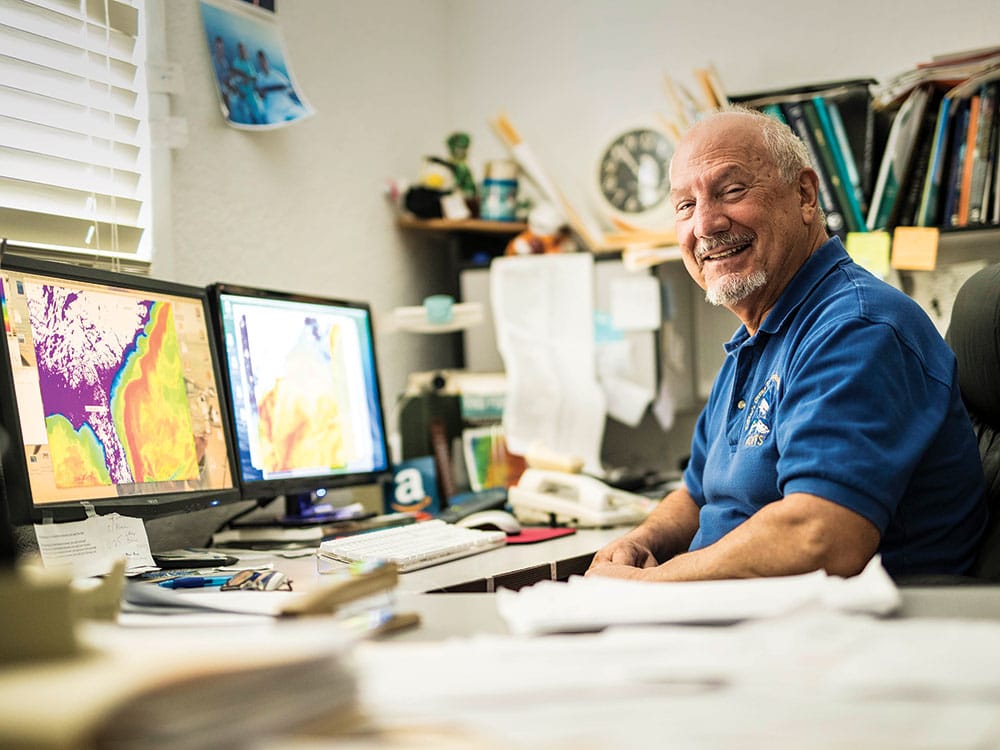
M: How did you differentiate ROFFS from the start?
We provide integrated fishing analyses that combine graphics with a text discussion of the conditions, rather than just satellite images or uncalibrated models. The map we provide is a representation of the ocean conditions that we expect you to find offshore, and the text gives a discussion of the present conditions and the forecasted fishing action. We focus on detail; that’s the difference.
M: How many forecasts does ROFFS produce annually?
We do about 30,000 analyses per year for our clients, but we conduct approximately 100,000 a year for our internal studies to follow the water and the fish.
M: What’s it been like working with NASA for the past 11 years?
My experience working with the NASA Ecological Modeling and Forecasting Research Team has not only been educational and enjoyable, but it has also enriched my life as a scientist and as a person. We study topics ranging from land use and habitat change to the animals, everything from lions and bears to weeds and Lyme disease — and, of course, the ocean currents and the fish. I have the opportunity to collaborate with some of the most intelligent scientists in the world.
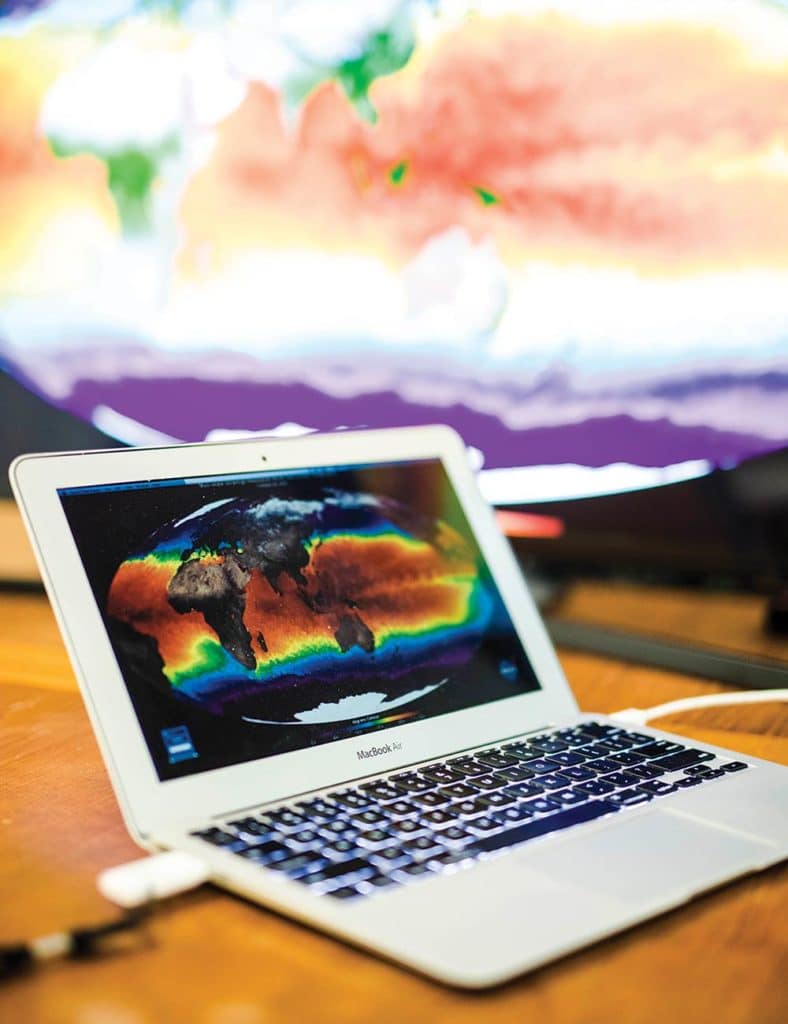
M: How do weather phenomena such as El Niño affect fishing?
With El Niño, the surface water warms up and the thermocline forms much deeper in the water column. In some areas, this forces the fish to go deeper into the cooler water. And in places like Costa Rica and West Africa, the fish can’t go very deep because the low dissolved-oxygen levels limit their vertical motion. As a result, the fish have to migrate out of the area to where they can find comfortable water temperature and oxygen conditions. In the Northern Hemisphere, that means they push to the north, which means good fishing in places you might not normally expect, like central or even northern California.
M: What impact is climate change having on our fishing?
Fish are arriving earlier in the season, moving farther north (in the Northern Hemisphere) and staying longer because the sea-surface temperatures are warmer. The Gulf Stream is slowing, but we don’t fully understand the impacts of that yet. In some cases, the lack of a traditionally cold winter means there is a much broader area where a species’ preferred habitat occurs. That means fewer fish to concentrate in one area.
M: From a meteorological perspective, what are the biggest threats we face?
Persistent, strong winds and stronger, more-frequent tropical storms. A longer tropical-storm season is also a possible threat.

M: What drives you to succeed?
The desire to help people understand the ocean’s circulation and how it relates to fishing.
M: Do you have anything left to fulfill in your professional life?
I’d like to go in a submarine and study the effects of Gulf Stream eddy formations on fish concentrations. Write a book or two.
M: If you had to fish for just one species, what would it be?
The new species I named is a black-blue-marlin-bluefin-tuna-swordfish. This fish gets very large, swims very fast and migrates to many wonderful destinations.
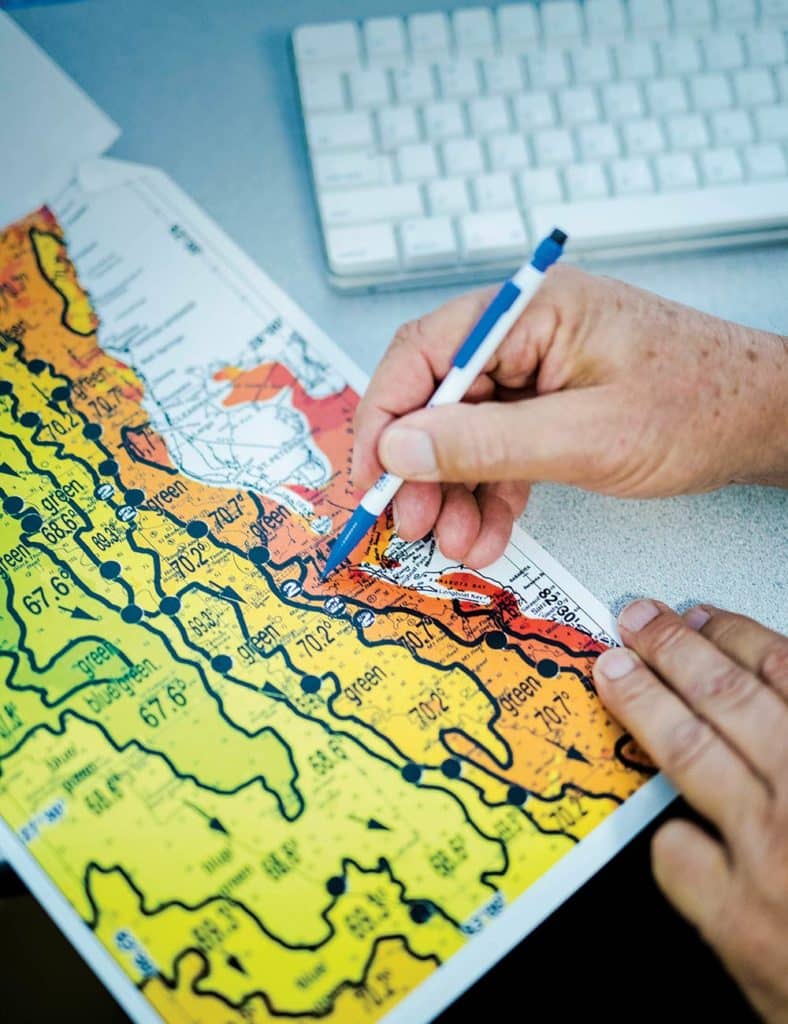
M: Are you a sports fan?
I enjoy ice hockey — Tampa Bay Lighting fan — and the sports teams at the University of Miami.
M: Country music or rock ‘n’ roll?
Rock ’n’ roll is here to stay and will go down in history as such.
M: Any personal goals?
I would like to travel more to the islands in the Caribbean, Pacific, and Indo-Pacific to fish, dive, and drink very smooth dark rum.
